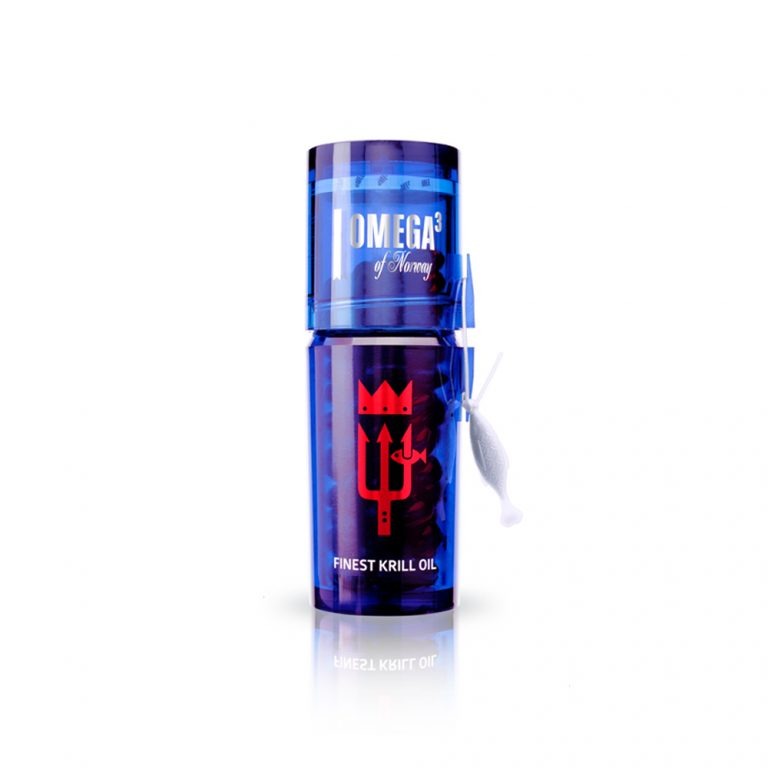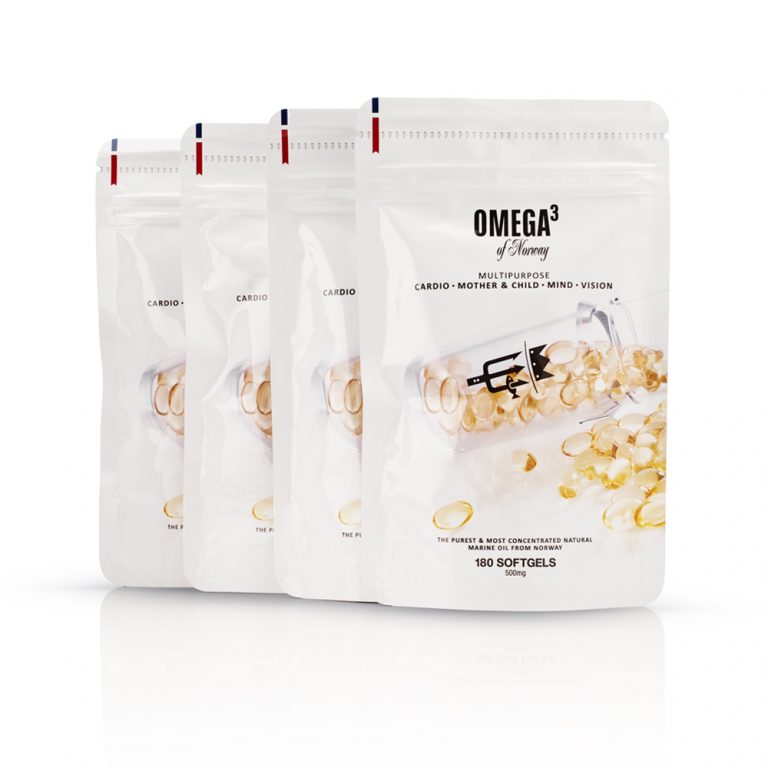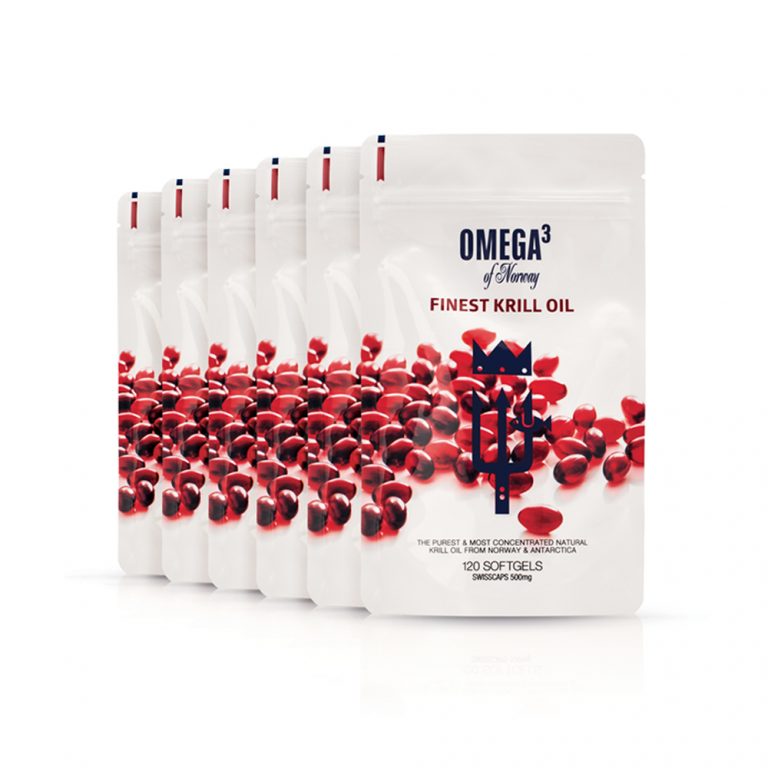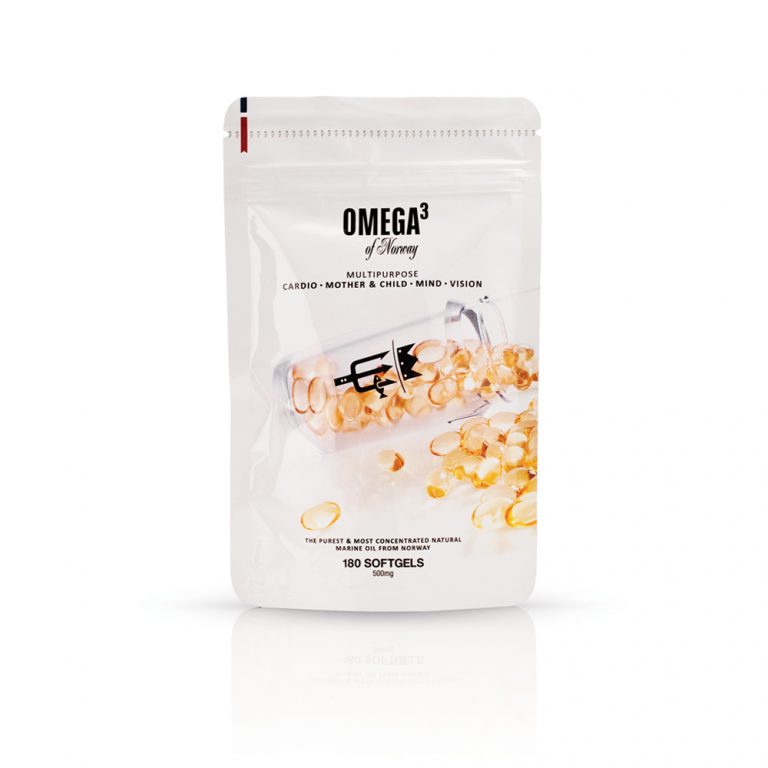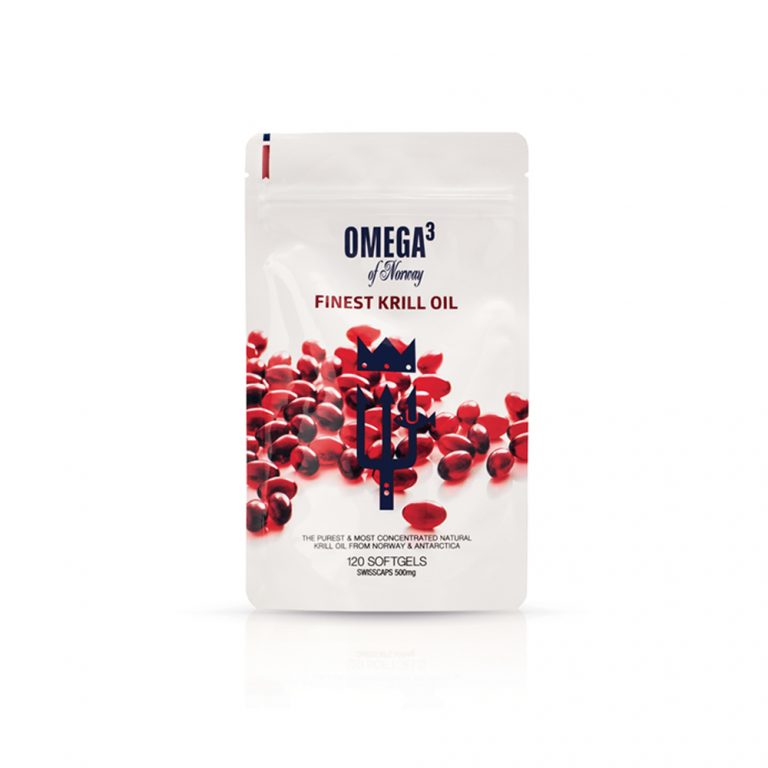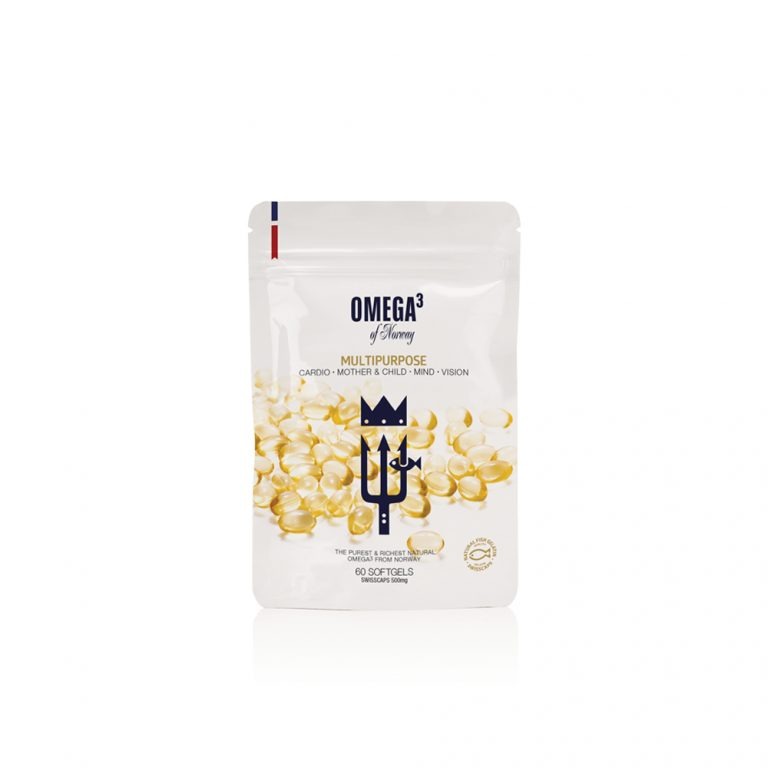Content
Spring has sprung, the flowers are starting to show their petals and the trees are blossoming. But for 10 million people in the UK, the arrival of spring also signifies the start of hay fever season! In this article we will look at what role omega-3 supplements can play in reducing the intensity of your allergy symptoms and how the intake of supplements during pregnancy can help your child even before it is born!
What is an allergy
50 million people in the US suffer from some kind of allergy every year, but what exactly is an allergy anyways?
Allergies 101
Like we wrote in our article about the impact of omega-3 on the immune system, our immune system defends our body against damaging invading viruses or bacteria. When the immune cells detect such an invader, they set off a chain reaction of protective mechanisms to get rid of the invader. Our life depends on these immune reactions and the immune system is a very complex apparatus. However, sometimes it can get things wrong.
We have an allergic reaction when our immune system mistakes a harmless thing for a dangerous invader. This means, our immune system will kick off a strong defence reaction to something like peanuts, milk protein or – the case for hay fever – pollen. Our immune system doesn’t just kick in but goes into overdrive to fight the “invader”. In the case of an allergic reaction, this substance is called the “allergen”.
Scientists say that the root of the problem of increasing allergies in the population might be our changing lifestyle. Where we are less and less exposed to dust and living a sheltered life indoors, so our immune system is not used to a very diverse range of substances. A study from 2015 found that people who grew up on dairy farms were less likely to have asthma or allergies because they grew up breathing in bacteria that reduce the reactivity of the immune system for the rest of their lives.
Allergic reactions
The overreaction of our immune system can take on different forms, but the most common ones are restricted airways, irritations on the skin or disruptions to the digestive system.
These symptoms can be mild but in some extreme cases, the restrictions of the airways can be very severe and can be life-threatening.
Allergic reactions are quite common and happen seconds or hours after you have come in contact with the allergen. This can be via skin contact, breathing it in or swallowing it.
Allergies vs autoimmune diseases
Similar to allergies, autoimmune diseases are related to the immune system. In this case however, the immune system reactions to healthy cells or tissues from our own body. Because of that, both allergies and autoimmune diseases are chronic conditions.
So, there is no external trigger like with allergies, but an internal one. Examples are type 1 diabetes, multiple sclerosis, rheumatoid arthritis or inflammatory bowel disease.
How omega 3 can help with allergies
Scientists believe, that our diet and lifestyle play an important role when it comes to allergies. Like we mentioned above, a lifestyle that exposes us to a wide variety of bacteria is beneficial, because this “trains” our immune system for any future encounters we might have with the same bacteria and our body will be able to react accordingly, without over-reacting.
How our diet impacts allergies
But once we have an allergy, our diet can still have a big impact. Some foods seem to reduce allergic reactions and allergy symptoms. Bee pollen is the most common foods that are believed to help with reducing allergies, if it is given and low doses over a long period of time. But this is not yet scientifically proven.
Other foods like ginger or turmeric are known for reducing inflammations and are therefore believed to be good against allergies. The same applies to salmon, because it is rich in omega-3 fatty acids, which are strong anti-inflammatories.
The impact of omega-3
Conditions like asthma and allergies are inflammatory diseases, so the omega-3 fatty acids eicosapentaenoic acid (EPA) and docosahexaenoic acid (DHA) are believed to help with relieving the symptoms of these conditions. These fats have strong anti-inflammatory properties and even though the mechanism of the effect remain mostly unknown, studies show a causal relationship between a decreased intake of fish oil in modernized societies and an increasing number of people with asthma or other allergies.
Fish oil is a food supplement that contains these two fatty acids, EPA and DHA in high doses, so this can be a good addition to your diet and a more efficient way to increase your omega-3 intake than by eating fish.
Taking omega-3 can also help to improve your omega-3 to omega-6 balance, which supports your immune system and creates a more anti-inflammatory environment in your body.
Pregnant women and young children
A meta-analysis of studies with pregnant women and their babies show, that fish oil supplementation of the mother during pregnancy may reduce the risk of allergies in her children.
A study done on 420 infants from birth to 6 months of age illustrates that by showing that children who received fish oil had significantly lowered allergen-specific responses. This refers to supplementation after birth. Because it can be tricky to administer the supplement directly to the child, the study suggests that the mother takes the supplements while she is breastfeeding as this is considered the more efficient mode of supplementation for the child.
To put it down in numbers, taking omega-3 supplements daily during pregnancy and in the first few months of breastfeeding may reduce the risk of food allergies for babies. A study showed a 30 % reduction of egg allergy risk by the age of 1.
Conclusion
Here is a quick overview on why you should use omega-3 supplements and how they can help you with your allergies!
- Omega-3 can reduce allergy symptoms
- EPA and DHA are strong anti-inflammatories
- Omega-3 supports your immune system
- Supplementing during pregnancy helps your child
Taking omega-3 supplements can help you manage the symptoms of your allergies because of the strong anti-inflammatory properties of EPA and DHA, which are present in both fish oil and krill oil capsules.
Supplementation during pregnancy has also shown to have a positive impact on the child, reducing the risk of the baby developing a food allergy.
Here at Omega 3 of Norway we offer high-quality fish oil and krill oil supplements with high amounts of EPA and DHA so check out our Shop and browse our range of products today!












